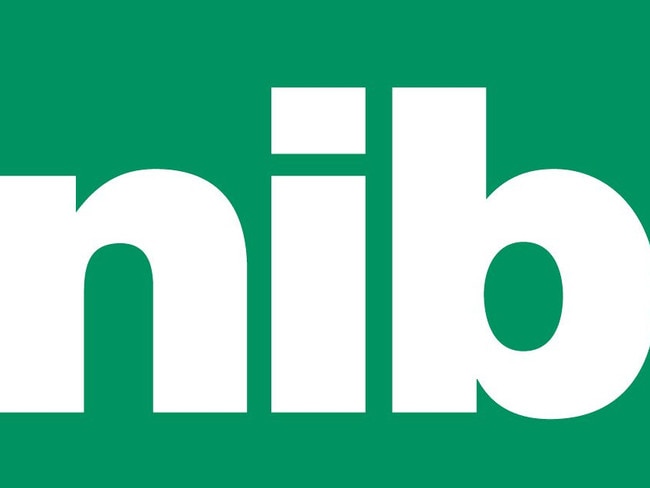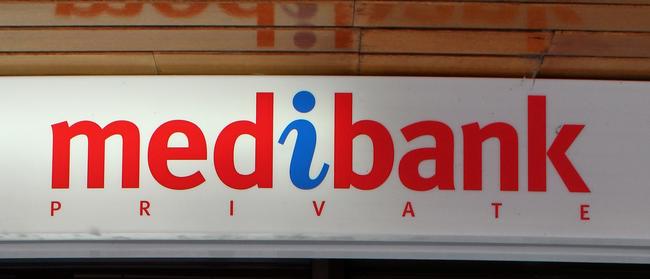The health funds not increasing benefits they pay their members
A News Corp investigation of health funds including Medibank, NIB, HCF and BUPA have found some to be gouging their members. SEE HOW THEY COMPARE
Exclusive: Health funds have been gouging their members by charging above inflation premium rises at the same time as they have frozen the benefits they pay out.
A News Corp investigation has found Australia’s second largest health insurer Medibank has not increased the rebates it pays out to its 2.8 million members for hospital procedures for five years.
NIB has increased its rebates for common procedures by less than one per cent (0.007 per cent) in the last three years.
BUPA has not increased the rebates it pays for childbirth for at least three years while rebates for other common procedures have increased by just over one per cent, substantially less than the inflation rate.
HCF has not increased it rebates for many common procedures since March 2018.
The non existent or tiny increases in rebates go nowhere near covering increases in doctors fees over the same period.
Since March 2014 the inflation rate has risen by 7.9 per cent, the AMA’s recommended fees have increased by 8 per cent and health fund premiums have increased by over 30 per cent on average.
Call to blacklist high charging doctors from Medicare
Hospital workers attacked: ‘This is just bullsh*t’
Private health threat as doctors overcharge
AMA list exposes overcharging doctors

“If rebates remain frozen, while the cost of providing care increases, it is clearly obvious that the gap is going to grow,” Australian Medical Association president Dr Tony Bartone said.
In the four years from 2014-15 to 2017-18 health funds made more than $5.1 billion in profits after tax.
High charging doctors have this week been blamed for the blow out in medical gap fees that has seen Australians forced to raid their superannuation, sell their houses or crowd fund to pay for surgery in a private hospital.
While it is true some medicos are charging indefensibly high fees our investigation shows health funds are equally to blame.
The Federal Government also shares some of the blame for gap fees.
See a comparison of how much Australians get back below.
Medicare contributes towards the cost of a doctor’s bills when a patient is treated in a private hospital, but Medicare rebates for hospital procedures have also been frozen for five years.
Medicare contributes towards the cost of a doctors bills when a patient is treated in a private hospital, but Medicare rebates for hospital procedures have also been frozen for five years.
Medibank said it will index its GapCover rebates for all items from July 1.
“This will be a $10 million investment,” a spokesman said.
Additionally, in July 2019 Medibank will make an incremental investment of $2 million into GapCover rates for 20 high volume in-hospital procedures including tonsillectomies and gall bladder surgery.
News Corp found some health funds are paying 25 per cent less than their rivals for the same hospital procedure leaving their members at risk of massive out of pocket medical bills.
HOSPITAL WAITING TIMES: CHECK YOUR LOCAL AREA

Medibank now has the dubious distinction of having the lowest rebates of the big four health funds for common procedures such as hip and knee replacements, hysterectomy and cataract surgery.
NIB pays the lowest rates for gall bladder surgery, appendectomy, breast cancer coronary stents and tonsillectomies.
This means their members are more likely to face out of pocket medical expenses when they use their insurance than members of some rival funds.
Medibank says 70 per cent of surgeons provide gap free services in 80 per cent of cases to its members.
NIB says nine in ten of its members aren’t charged gaps when doctors use its medigap scheme.
“In the coming weeks our members will be able to go online and search a MediGap provider including their no gap participation rate and average out of pocket cost if there is a gap payment,” NIB CEO and managing director Mark Fitzgibbon said.
A survey of 6,000 Australians by IPSOS commissioned by the Department of Health and Private Healthcare Australia found 49 per cent of Australians who used a private hospital paid gap fees averaging $1,000 not covered by their health fund.
One in five people paid gaps greater than $2,000 and one in 50 people had gaps over $10,000.
The survey found medical out of pocket expenses and rising health fund premiums “were a significant driver of discontent with the private system”.
“The perceived value of private health insurance has declined. There was an overarching belief that private health insurance was not as good as it used to be,” IPSOS found.
Originally published as The health funds not increasing benefits they pay their members


